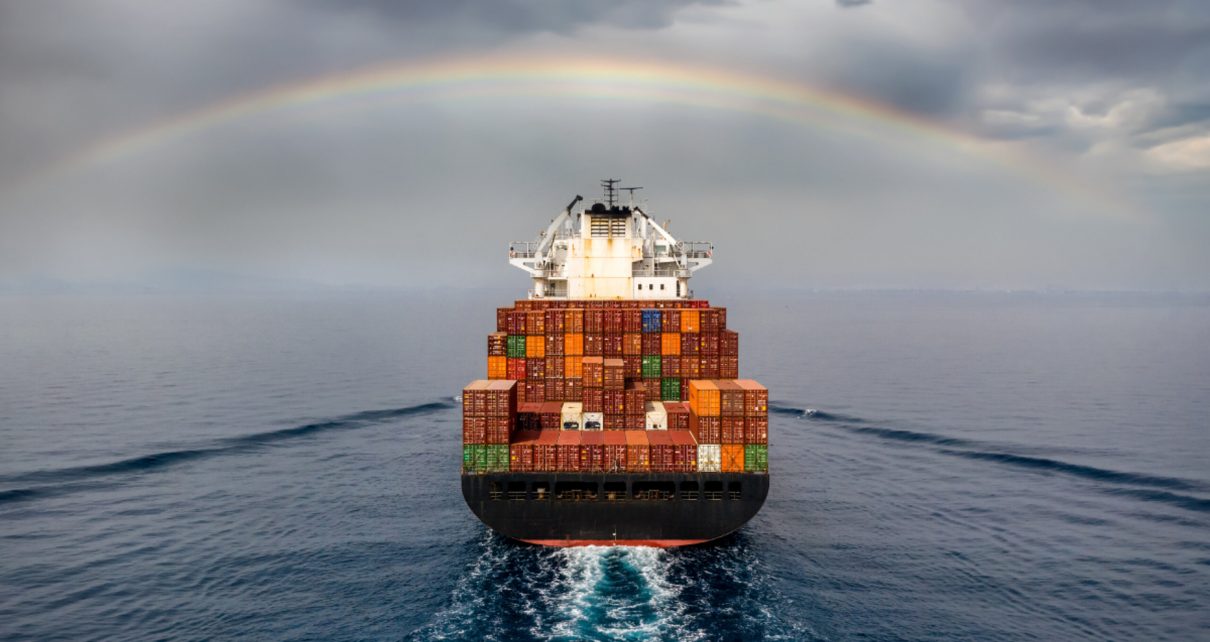Maritime stakeholders convened during the Nigerian Chamber of Shipping (NCS) virtual breakfast meeting in October 2023, discussing the pivotal factors required for Nigeria to embrace the Maritime Single Window (MSW) system, with an emphasis on political will, legal frameworks, and essential technological skills. This system is expected to enhance the efficiency and competitiveness of the country’s ports.
The breakfast meeting, themed “Maritime Single Window: Navigating Path to Efficiency and Competence,” served as a platform for dialogue on the significance of the Single Window for Facilitation of Trade (SWiFT) Project. This international initiative, a collaboration between the International Maritime Organization and Singapore, aims to develop the MSW system, enabling importers and exporters to submit their clearance documents online at a single point, while also obtaining any necessary permissions from regulatory agencies online, streamlining the process.
Starting from January 1, 2024, all ports worldwide will be mandated to operate the MSW for electronic information exchange regarding ship arrivals, stays, and departures.
Mohammed Bello-Koko, the Managing Director of the Nigerian Ports Authority (NPA), stressed that effective implementation of the MSW would position Nigeria’s maritime sector as a leader in regional and continental trade. He highlighted the potential for a significant improvement in the country’s global Ease of Doing Business ranking. Bello-Koko also emphasized the importance of the Nigerian government’s role in providing necessary infrastructure, training, communication, and support to stakeholders for a successful MSW implementation.
Comptroller Dera Nnadi, Controller in charge of Tincan Island Port Command, Nigeria Customs Service (NCS), cautioned that Nigeria should consider the unique challenges in its port administration when adopting the MSW system. He suggested that the country should choose a system tailored to its specific environment, considering issues of mistrust and limited capacity. Nnadi also emphasized the importance of separating regulation from revenue collection.
Cajetan Agu, Director of Consumer Affairs at the Nigerian Shippers’ Council (NSC), stressed the long-overdue need for the MSW system but underlined the essential role of political will in its implementation. He highlighted the purpose of the single window system, which is to reduce human-to-human contact, and stressed the importance of addressing challenges and improving port access roads, scanning capabilities, and multi-modal cargo evacuation.
Former Director of Commercial Shipping at NSC, Mrs. Dabney Shall-Holma, raised concerns about the absence of a legal framework to support data sharing and urged the National Assembly to address this issue urgently. She emphasized the need for legal instruments to combat cybercrime and insecurity, as data security is paramount to the integrity of the system.
In his opening remarks, Alhaji Aminu Umar, the President of NCS, called for active participation from all industry stakeholders to ensure the successful implementation of the MSW system. Umar highlighted the potential benefits, including seamless operations, transparency in the maritime environment, improved customs clearance, and enhanced global trade competitiveness.



